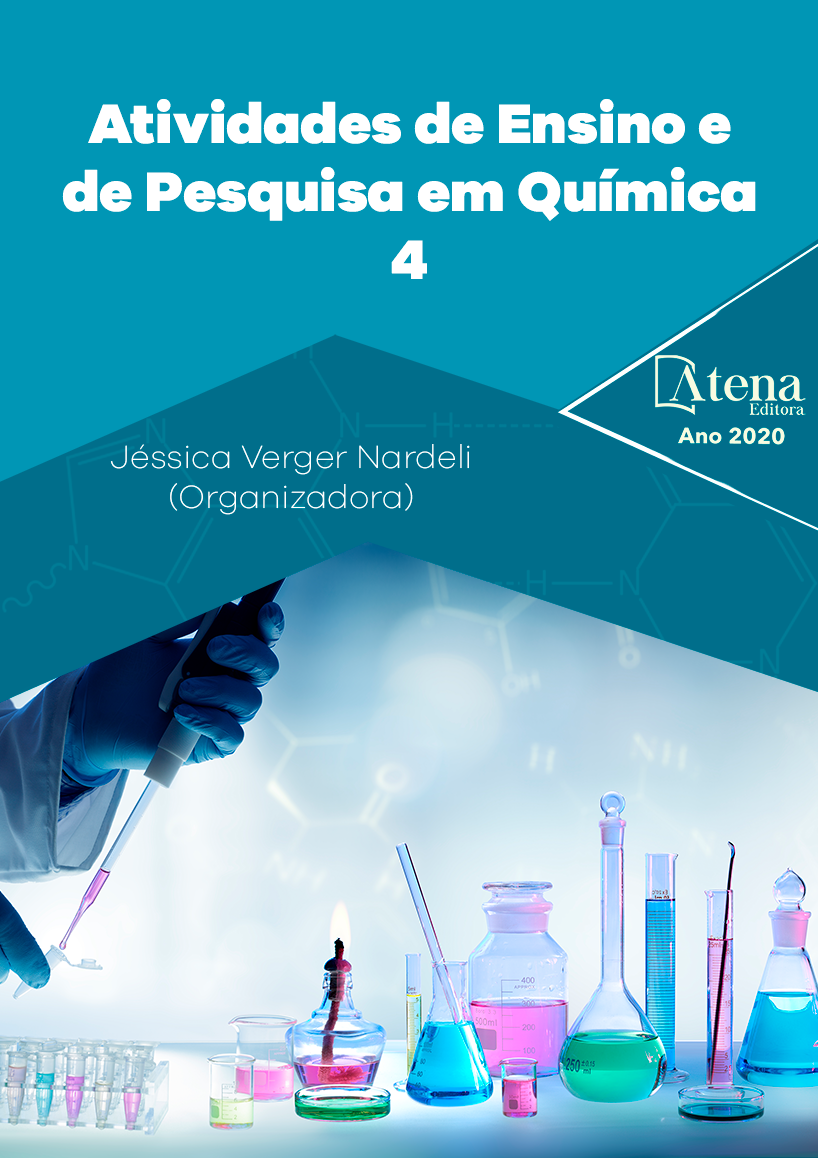
A APRENDIZAGEM DE CONCEITOS FUNDAMENTAIS DE QUÍMICA POR ESTUDANTES DO 9º ANO DO ENSINO FUNDAMENTAL II NO ENSINO HÍBRIDO
O objetivo deste estudo é destacar a importância e apresentar os resultados da aplicação da modalidade híbrida de ensino, mais precisamente a do tipo Laboratório Rotacional, no ensino de Ciências/Química para estudantes do 9º ano do ensino fundamental de uma escola da rede pública de Manaus-AM, que apresentavam inúmeras dificuldades de aprendizagem de conceitos científicos da disciplina. Como consequência dessas dificuldades, a falta de motivação e desinteresse em participar das aulas era extremamente prejudicial à formação dos discentes. Com o intuito promover uma aprendizagem conceitual significativa, a metodologia ativa empregada integrou atividades presenciais e virtuais, inserindo, para tal, as Tecnologias de Informação e Comunicação (TIC), como ferramenta auxiliar no incremento de um repertório de recursos didáticos e estratégias que pudessem ser implementados em diversificados espaços de ensino e aprendizagem. Dentre os resultados observados, foram relevantes a motivação, o interesse, a interação e uma significante aprendizagem dos discentes, sinalizando a relevante contribuição dessa modalidade de ensino nos processos de ensino-aprendizagem dos conteúdos escolares.
A APRENDIZAGEM DE CONCEITOS FUNDAMENTAIS DE QUÍMICA POR ESTUDANTES DO 9º ANO DO ENSINO FUNDAMENTAL II NO ENSINO HÍBRIDO
-
DOI: 10.22533/at.ed.1142022066
-
Palavras-chave: Aprendizagem conceitual, Ensino híbrido, Laboratório rotacional
-
Keywords: Conceptual learning, Hybrid teaching, Rotational laboratory
-
Abstract:
The objective of this study is to highlight the importance and present the results of the application of the hybrid teaching modality, more precisely that of the Rotational Laboratory type, in Science / Chemistry teaching for 9th grade students of a public school in Manaus -AM, who had numerous difficulties in learning scientific concepts of the discipline. As result of these difficulties, the lack of motivation and lack of interest in participating in classes was extremely harmful to the training of students. In order to promote meaningful conceptual learning, the active methodology employed integrated face-to-face and virtual activities, inserting, for this, Information and Communication Technologies (ICT), as an auxiliary tool in the increase of a repertoire of didactic resources and strategies that could be implemented in diverse teaching and learning spaces. Among the observed results, motivation, interest, interaction and significant learning by the students were relevant, signaling the relevant contribution of this teaching modality in the teaching-learning processes of school content.
-
Número de páginas: 15
- Carlos Eduardo Pereira Aguiar


